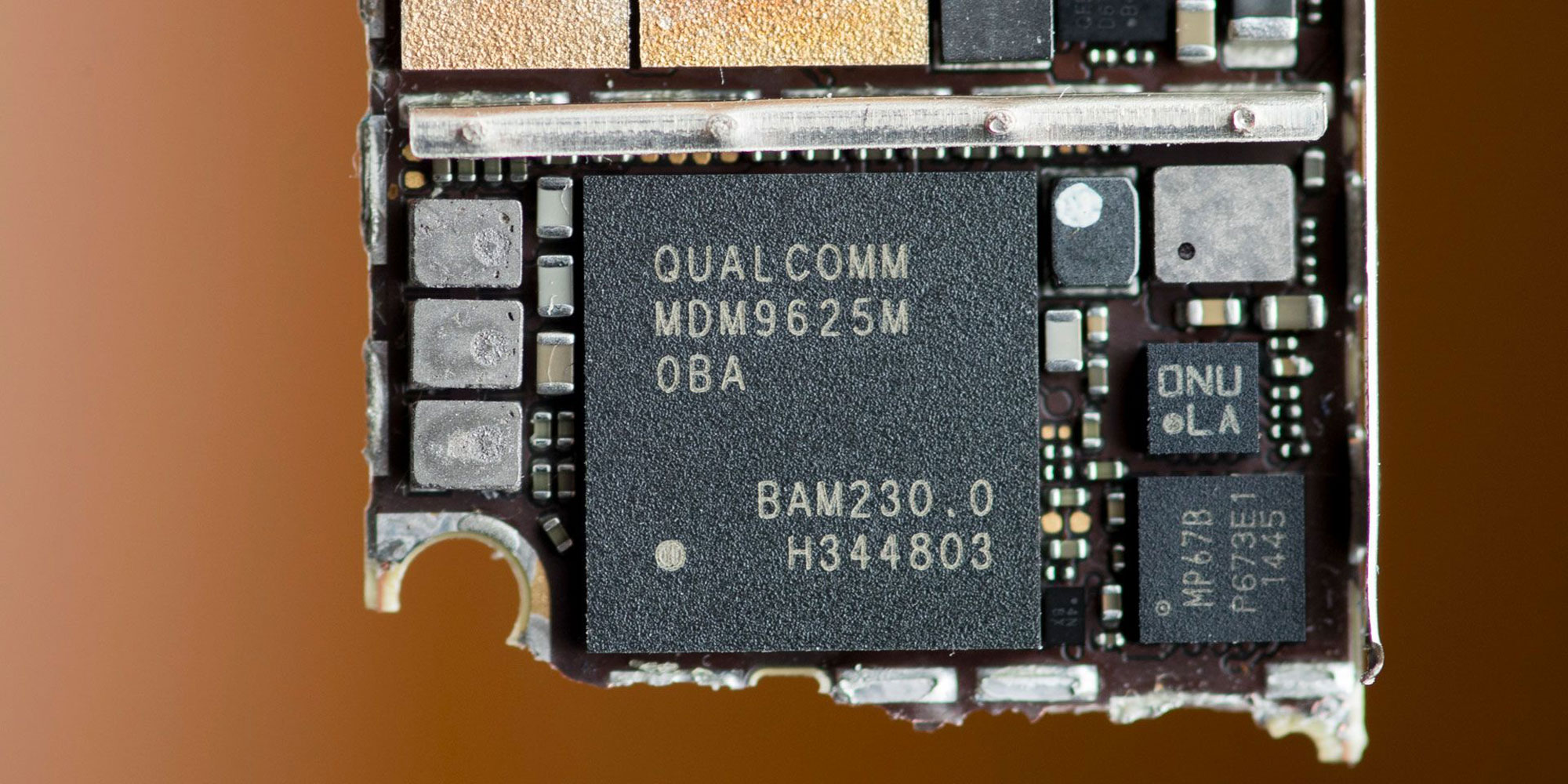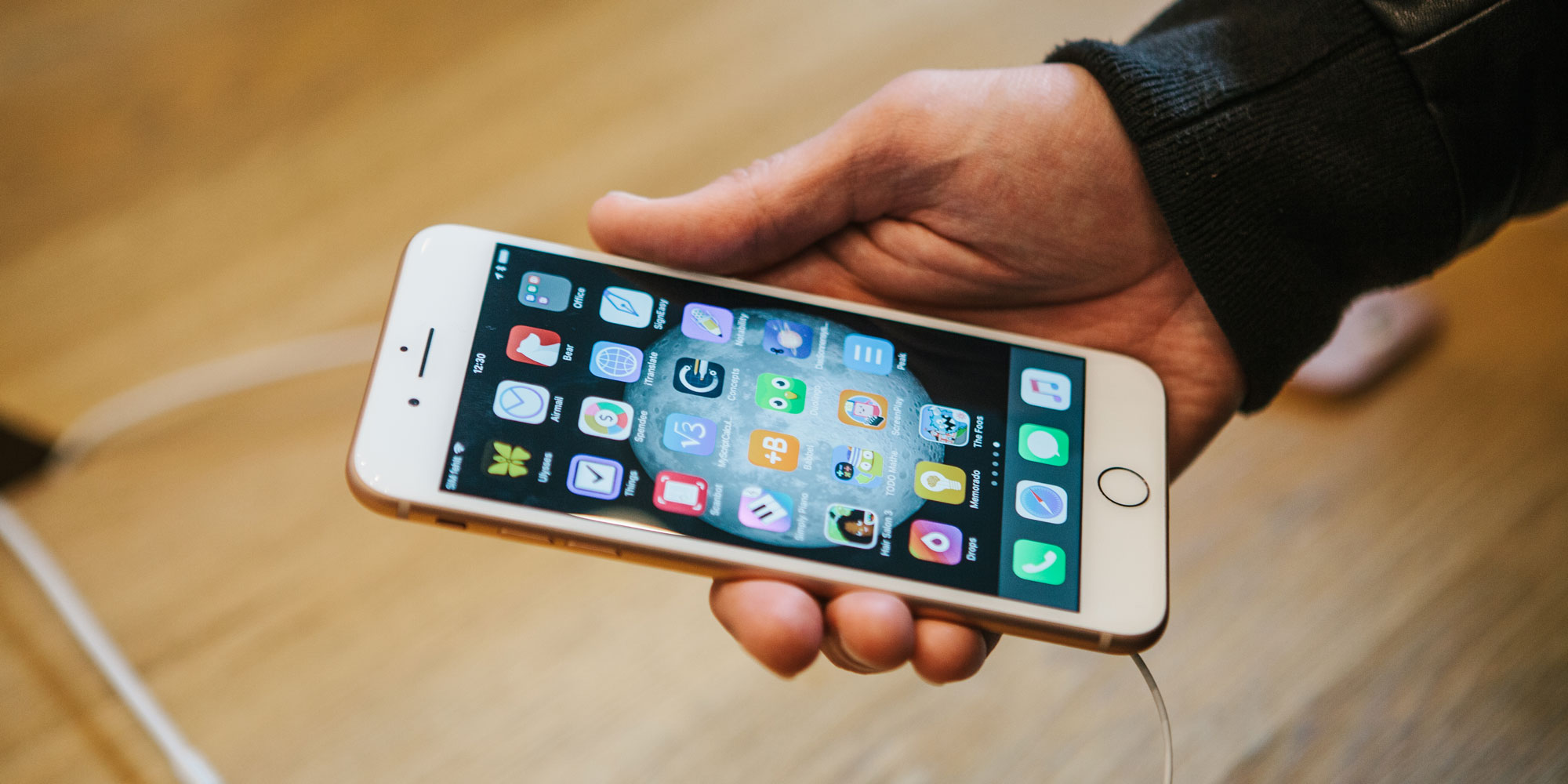By clicking a retailer link you consent to third-party cookies that track your onward journey. This enables W? to receive an affiliate commission if you make a purchase, which supports our mission to be the UK's consumer champion.
Which? vs Qualcomm: our collective action goes to Trial

The Consumers’ Association (Which?) is due to meet Qualcomm in court for a five-week trial, commencing on 6 October 2025.
Which? estimates that it represents 29 million UK consumers who bought an Apple or Samsung smartphone since 2015. Which? is seeking reimbursement of more than £480m for these consumers for the inflated prices that have been paid by UK consumers as a result of Qualcomm's anticompetitive practices.
Which?'s claim will automatically include consumers who bought particular models of Apple or Samsung smartphones, either directly from the manufacturer or from a network operator or smartphone retailer.
The upcoming trial is the first of two, with the first focusing on Qualcomm’s abuse of its dominant market positions, and the second focusing on the compensation owed to UK consumers as a result of the abuse. If Which? is successful, it's currently estimated that those affected could be due an average payout of around £17, depending on the device you bought and how many you purchased between 1 October 2015 and 9 January 2024.
Which? believes that those affected should get back the money they are rightfully owed, and urges anyone affected to sign up for updates on the action so you can track its progress.
Find out more and register your interest at smartphoneclaim.co.uk.
What did Qualcomm do wrong?
Qualcomm is a global manufacturer of chipsets and owner of patents — used in a range of products, including some smartphones — to enable these products to connect to 4G networks.
Which? believes Qualcomm is abusing its dominant position and employing an anticompetitive strategy that breaches competition law, including by its practices where:
- Qualcomm refuses to license its patents to other competing chipset manufacturers.
- Qualcomm refuses to supply chipsets to smartphone manufacturers, such as Apple and Samsung, unless those companies obtain a separate licence and pay inflated royalties to Qualcomm.
Which? believes that these practices enable Qualcomm to charge Apple and Samsung artificially high fees for its patents. Those higher fees raise manufacturing costs and are ultimately passed on to UK consumers through inflated prices or lower-quality smartphones.

The collective opt-out mechanism we're using is the only way to address this unfairness and to enable us to effectively hold a company to account and obtain damages for consumers.
Collective proceedings involve a claim brought by a class representative on behalf of a defined group of persons who have suffered loss as a result of a breach of competition law.
Similar legal action has also been taken against Qualcomm in Canada and the US. A number of competition authorities worldwide have investigated and, in some cases, fined Qualcomm for anticompetitive behaviour, including the European Commission and authorities in South Korea. Some of these fines have been overturned on appeal, and some continue to be litigated.
Who is due money back?

Anyone who bought an Apple or Samsung smartphone in the UK on or after 1 October 2015 and until 9 January 2024 could be due a share of the damages on the cost of their handset. A list of affected smartphones is available on the claim website.
These proceedings are part of the 'opt-out' address regime, so you don't have to do anything now to have a chance of getting your money back.
We estimate that individuals have been hit with additional charges, depending on which devices were bought and how many were purchased. This could represent a significant amount for households that have purchased multiple handsets in the past few years.
Which? speaks out for UK consumers
The trial is the culmination of nearly five years of work to hold Qualcomm to account and get compensation for consumers. It's an important milestone in the collective action regime, and more widely for access to justice for consumers. If it is successful, it will lead to a second trial to determine what damages are owed.
For more information and to register your interest, visit smartphoneclaim.co.uk.
This news story was originally published on 25 February 2021 and updated on 6 October 2025.



